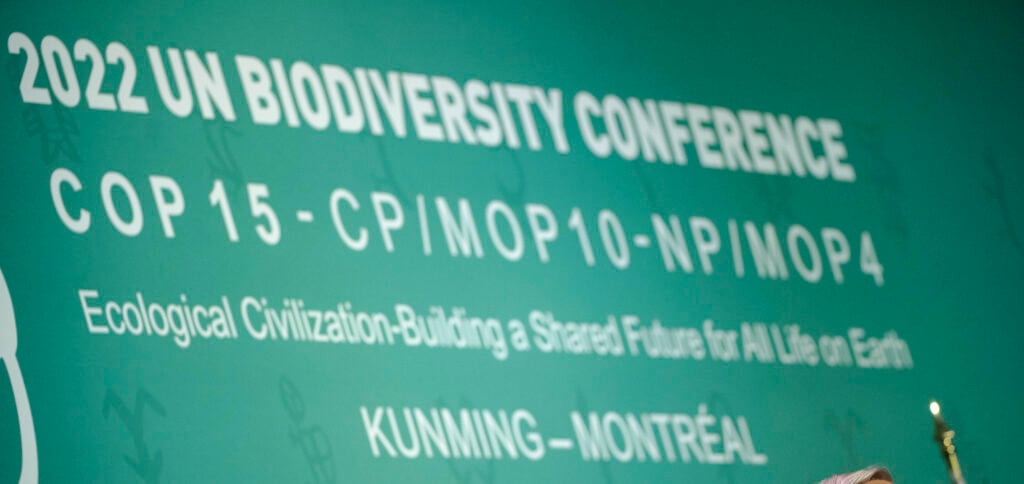The president of the COP15, China's Environment Minister, Huang Runqiu, announced the approval of the agreement in a plenary session that began in the early hours of Monday (19) in Montreal, Canada, and banged the gavel, a moment that was greatly applauded by the delegates who participate in the meeting.
ADVERTISING
Almost 200 countries approved, this Monday (19), a historic agreement to reverse decades of environmental destruction that threatens the world's species and ecosystems, at a UN summit meeting on the biodiversity.
Four years after the last agreement and after almost two weeks of intense and difficult negotiations, the members of the Convention on Biological Diversity approved a framework for action proposed by China, the country that presides over the meeting, with opposition only from the Democratic Republic of Congo.
“The agreement is approved”, declared the Chinese Minister of the Environment, Huang Runqiu, when he gave the hammer in a plenary session that began in the early hours of the morning in Montreal, Canada. The announcement was met with much applause.
ADVERTISING
The Kunming-Montreal Agreement is a roadmap that aims to protect land and ocean, to prevent the mass extinction of species due to pollution accelerated
The text establishes the goal of protecting 30% of the planet by 2030 and the release of 30 billion dollars in annual aid for conservation efforts in developing countries.
Main objectives of the agreement
- 30% of the planet protected
“That, by 2030, at least 30% of land areas and continental, coastal and marine waters (…) are effectively conserved and managed”.
ADVERTISING
- International aid tripled
“At least US$20 billion annually by 2025, and at least US$30 billion annually by 2030”, that is, approximately double and triple current international aid for biodiversity.
- Restore 30% of degraded land
“By 2030, at least 30% of degraded areas of terrestrial, continental, coastal and marine ecosystems will be subject to effective restoration.”
- Reduce pesticides
“Reduce pollution risks and the negative impact of pollution from all sources, by 2030, to levels that do not harm biodiversity”.
ADVERTISING
(With AFP)
Read also





